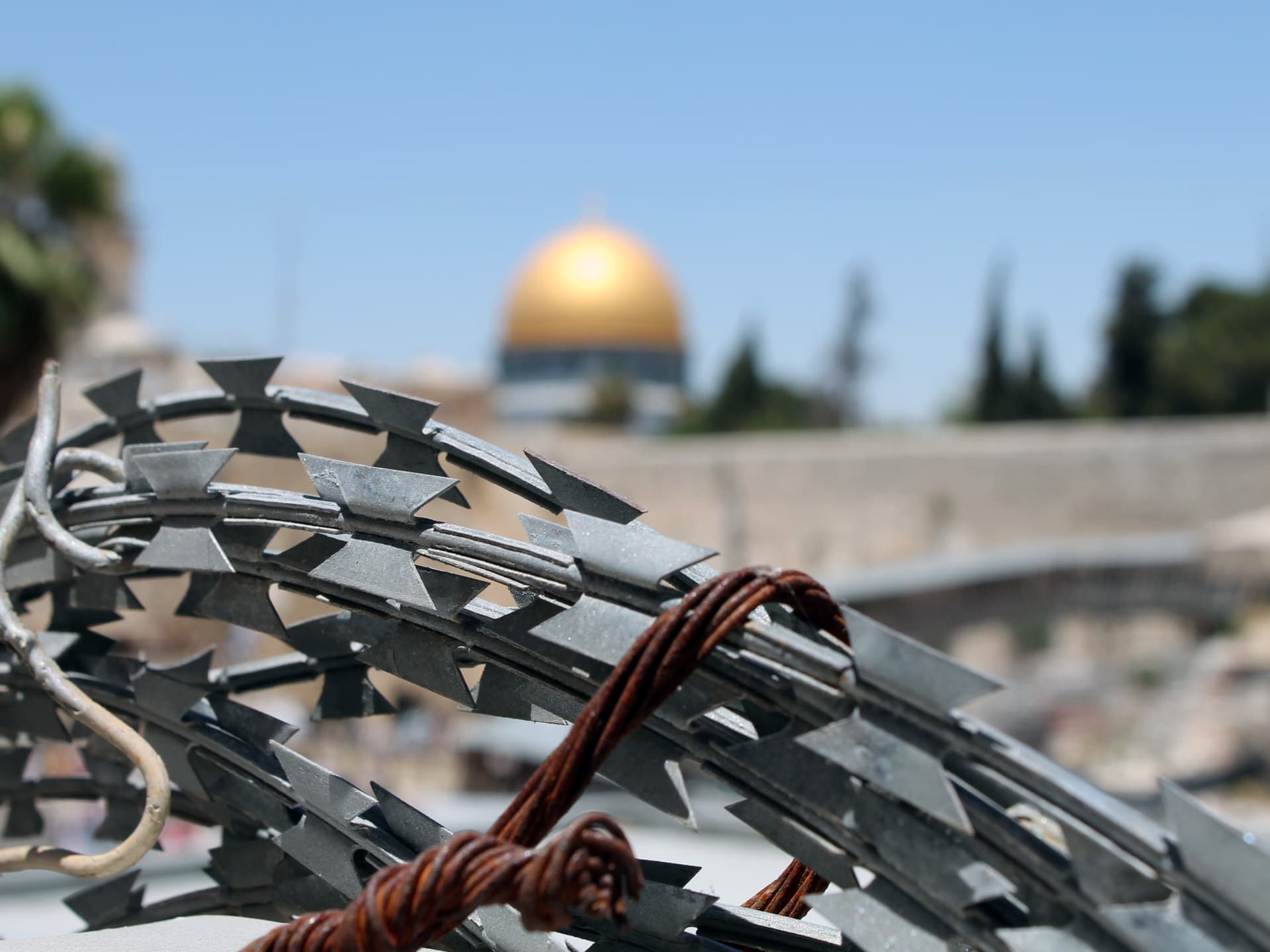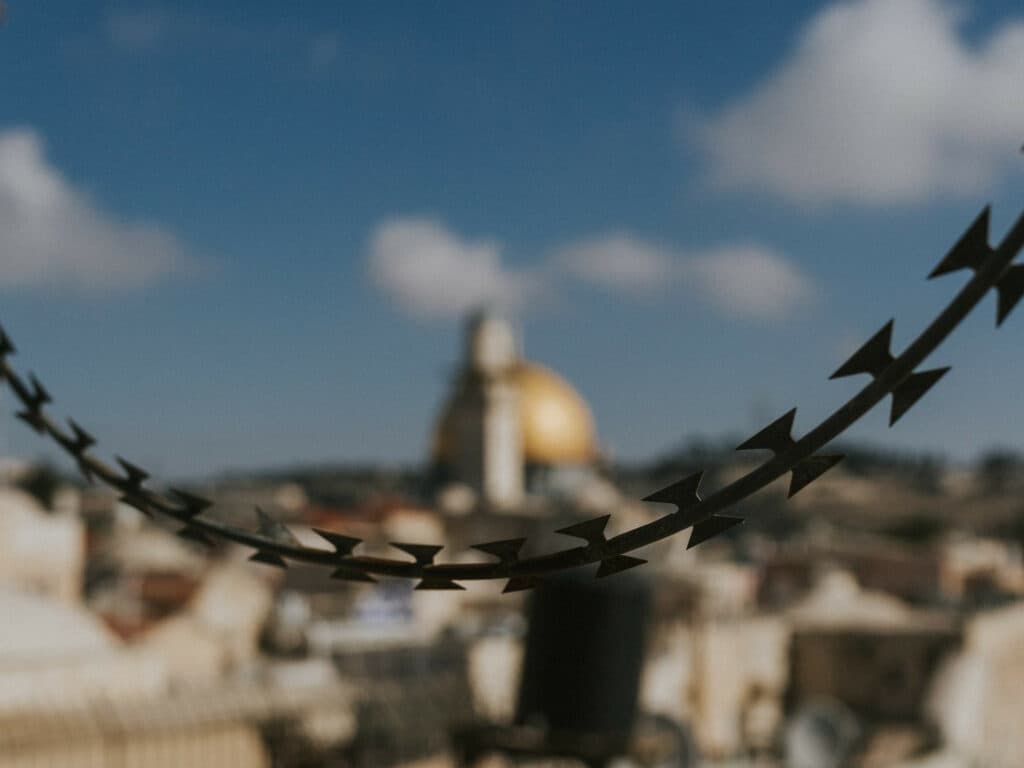
Designation of Palestinian CSOs as “terrorist organisations”
18 November 2021The objective of this Q&A is to clarify the international legal framework relevant to the designation of six Palestinian civil society groups by Israel as “terrorist organisations” in Israel and as “unlawful organisations” in the occupied Palestinian territory (oPt), and to assess the lawfulness and implications of these designations and declarations under international law based on information publicly available at the time of writing.
The Q&A does not constitute legal guidance to parties directly or indirectly affected by the decisions as to the legal avenues open to them, or with regards to the measures that might be taken against them.
Introduction
On 22 October 2021, the Israeli Ministry of Defense (MoD) announced the designation of six prominent Palestinian civil society groups operating in the oPt as “terrorist organisations”, alleging that they constitute an arm of and covertly operate on behalf of the Popular Front for the Liberation of Palestine (PFLP). The six designated organisations are the Union of Agricultural Work Committees (UAWC); Defense for Children International-Palestine (DCIP); Al-Haq; Bisan Center for Research and Development; Addameer-Prisoner Support and Human Rights Association; and the Union of Palestinian Women’s Committees (UPWC). The PFLP, a political movement active in the oPt, is considered a terrorist organisation by Israel, the European Union, the United States, and a small number of other countries.
On 7 November 2021, it was made public that the Israeli army’s military commander in the occupied West Bank had signed similar orders declaring five of the six groups “unlawful organisations”. The sixth organisation – the UAWC – had already been so declared previously.
The designations and the corresponding declarations come at a time of heightened concern over a range of measures targeting human rights defenders and civil society groups, which have been introduced by the authorities in both the oPt and Israel. For instance, Israeli authorities have arrested and detained Palestinian human rights defenders, imposed restrictions on their freedom of movement, and raided the offices of civil society groups. Palestinian authorities routinely repress peaceful dissent, through physical assault and arbitrary arrests, and crack down on demonstrators, journalists, and human rights activists. International organisations too are not immune from such measures: last year, Israel refused to renew the visas of several foreign UN staff members, and has routinely denied the UN Special Rapporteur on the situation of human rights in the oPt access to the occupied West Bank and Gaza. In totality, these trends not only curtail and repress the work of the civil society organisations that are directly targeted, but also unjustifiably limit civic space and have a chilling effect on all organisations working on the context, regardless of where they are located.
Against this backdrop, and within the context of ongoing discriminatory Israeli policies directed at the Palestinian population at large, Israel’s recent decisions have drawn swift criticism from other civil society organisations, States, and the UN, with the UN High Commissioner for Human Rights Michelle Bachelet calling this an “attack” on fundamental rights. Most recently, UN entities and the Association of International Development Agencies (AIDA) issued a joint statement expressing strong concern over the military orders, which stand to “significantly constrain” the work of the organisations and point towards a further “erosion of civic and humanitarian space”.
Designation of Palestinian CSOs as “terrorist organisations”
Questions and Answers
Recommendations
Within the scope of their relations with the organisations, this means third States can and should
- maintain existing funding agreements with civil society actors;
- continue (financially) supporting civil society activity, notably of efforts towards accountability for violations of international law;
- restate and demonstrate the commitment to protect Palestinian civil society publicly;
- engage with financial institutions within their jurisdiction to prevent disruption of financial flows to the designated and declared organisations; and
- refrain from taking actions that may be used to legitimise unsubstantiated claims of terrorist or unlawful activity, such as new investigations that shift the burden of proof on the accused organisations to refute such unfounded allegations.
In their relations with Israel, other international actors and third States can and should exercise all appropriate diplomatic and political measures, individually and collectively to
- reverse the designations and declarations;
- insist on the availability of meaningful due process for the designated and declared organisations;
- emphasise that counter-terrorism measures must be compliant with international legal obligations and not unduly restrict civil society;
- denounce the use of counter-terrorism measures to target civil society organisations;
- denounce the misuse of the limited security imperative afforded to the occupying power under IHL;
- reiterate support for accountability efforts for violations of international law; and
- cooperate with international accountability mechanisms, including the International Criminal Court and the UN Independent International Commission of Inquiry on the oPt, including East Jerusalem, and Israel, to provide relevant information.

This publication is part of our research on
Shrinking space in Israel-Palestine
We provide in-depth analysis of the measures taken by authorities in Israel and Palestine to restrict civil and political rights.